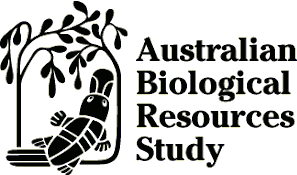Australian Tropical Rainforest Plants - Online edition
Balanophora fungosa subsp. indica (Arn.) B.Hansen
Hansen, B. (1972) Dansk Botanisk Arkiv Udgivet af Dansk Botanisk Forening 28: 100.
Balanophora; Fungus Root
'Plants' arise from an irregularly-shaped, hard, bulbous mass attached to the roots of rain forest plants.
Plants dioecious, male and female flowers present on different inflorescences and plants. Flowers emit a mouse-like odour. Male flowers: Flowers about 3-5 mm diam. , pedicellate (pedicels +/- 5-6 mm long) arranged in a ring around the base of the head of female flowers. Pollen white. Backs of the anthers fused to one another to form a globular head of anthers in the middle of each male flower. Anthers opening by a horseshoe-shaped slit. Female flowers: Flowers tiny, borne in globular heads about 1-2.5 cm diam. Styles about 0.7-0.8 mm long.
Features not available.
Flowering plants emit an odour resembling that of mice.
Grows as a parasite on the roots of other plants.
Male and female flowers occur on separate plants (separate inflorescences).





